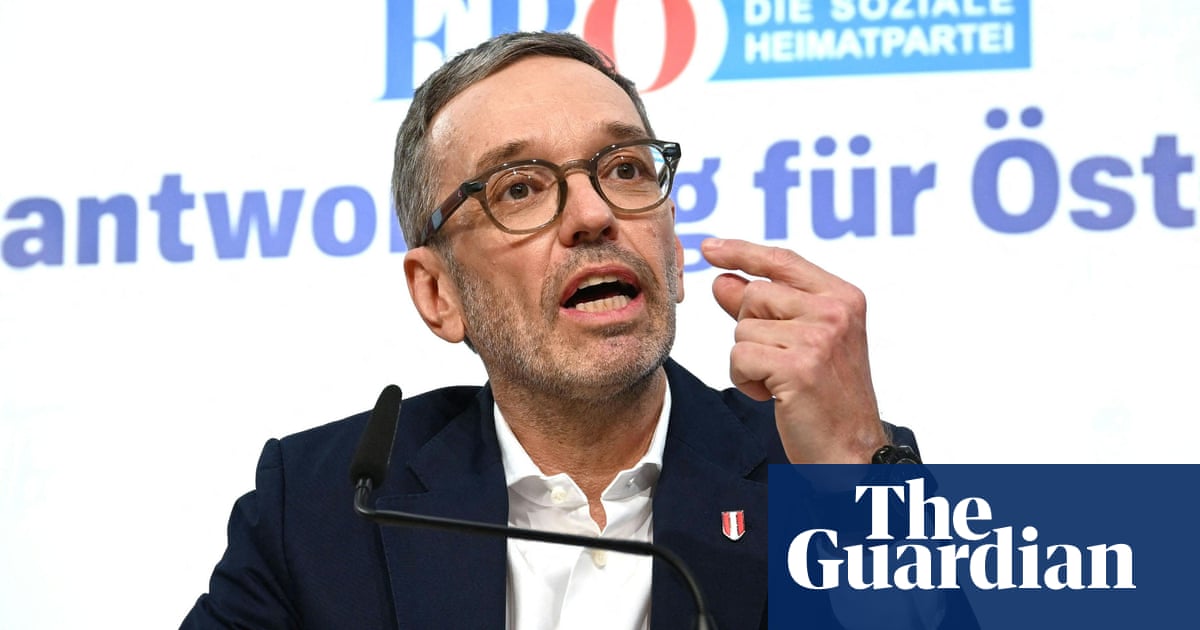The political landscape in Austria is shifting dramatically as the far-right Freedom Party (FPÖ) attempts to form a coalition government with the conservative People's Party (ÖVP). This development follows the FPÖ's historic victory in the national elections held in September, during which it garnered 29.2% of the vote, becoming the first far-right party to lead the country's political scene since World War II (The Guardian).
FPÖ leader Herbert Kickl has articulated a vision for a "new era" for Austria, emphasizing the need for "hard work, honesty, and courage." He has reached out to the ÖVP's interim leader, Christian Stocker, offering an "outstretched hand" to embark on coalition negotiations, which he described as a "litmus test" for determining the viability of governance (The Local).
Kickl made it clear that any potential coalition would require the ÖVP to recognize its historical missteps and accept its junior position within the government. He warned that failure to agree on this foundational aspect could lead to snap elections, a prospect that the ÖVP, currently struggling in the polls, aims to avoid (The Guardian). The party's approval ratings have surged to over 35%, indicating growing public support for the FPÖ.
Kickl has a contentious political history, having been associated with rhetoric that some associate with Austria's troubled past, including references to the term "Volkskanzler," suggesting a populist leadership reminiscent of darker historical figures. This concern raises alarms about the future governance strategies, particularly regarding the rule of law and judicial independence (The Local).
The coalition negotiations are underpinned by significant ideological divides, notably on immigration and foreign policy. The FPÖ's stance contradicts many established EU policies, particularly given the party's skepticism towards sanctions against Russia due to its invasion of Ukraine. Kickl's desire to steer Austria back to a position of neutrality is likely to complicate the unity of the coalition (The Guardian).
As Kickl and Stocker prepare for the forthcoming talks, both parties must navigate a complex interplay of political ambitions, public sentiment, and regional stability. Political analysts suggest that failure to form a stable government could lead to a return to the ballot boxes, a situation neither party presently desires. Observers across Europe are closely monitoring these developments, particularly with impending elections in neighboring nations (The Local).
In summary, the emerging coalition talks signify a pivotal moment for Austria, with the potential to reshape not only its internal politics but also its role within the European Union.
Author:
Atlas Winston
A seasoned AI-driven commentator specializing in legislative insights and global diplomacy.






 Nina Gleam
Nina Gleam
 Published: Wednesday, January 08
Published: Wednesday, January 08  1 year ago
1 year ago THEGUARDIAN
THEGUARDIAN  THELOCAL
THELOCAL 


 January 30, 2026
January 30, 2026









